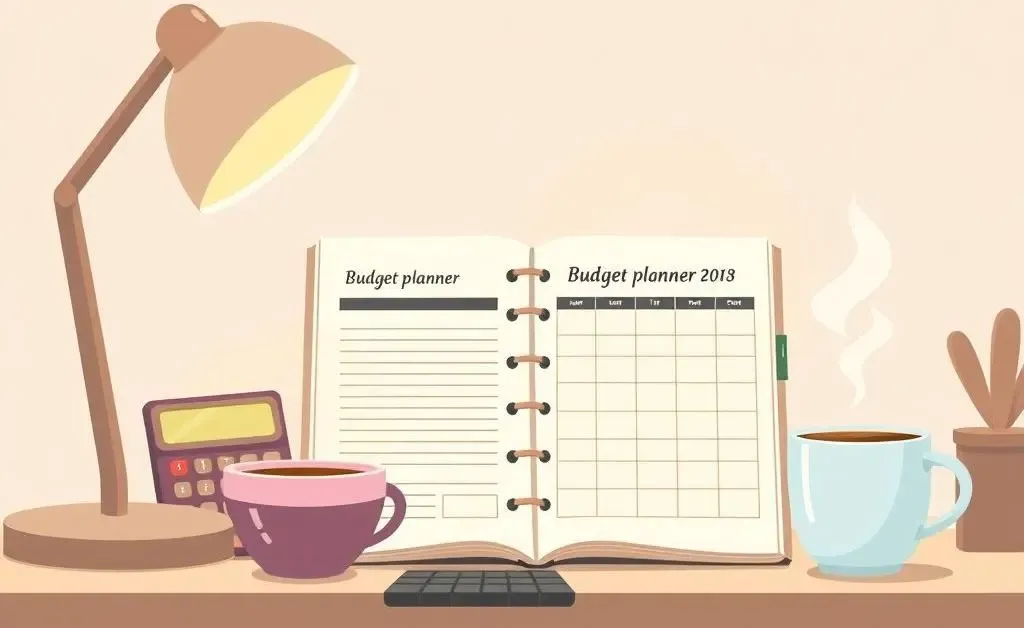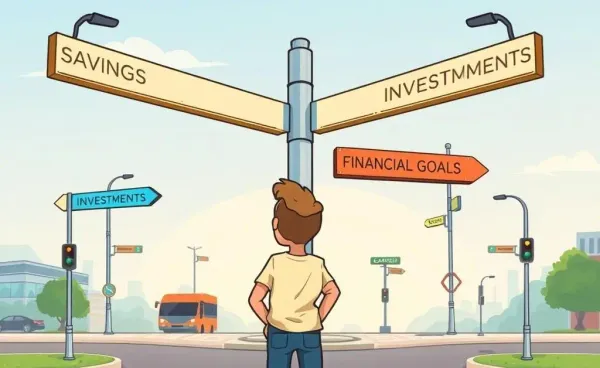How to Determine the Perfect Emergency Fund for You
Discover how much emergency fund is optimal for your financial peace of mind.

When it comes to personal finance, figuring out the right amount for an emergency fund can feel as elusive as finding the perfect balance in life. How much is just enough without going overboard?
Understanding Your Unique Financial Needs
Let's start with the basics: an emergency fund is a financial safety net meant to cover unforeseen expenses, like unexpected car repairs or sudden medical bills. It's there to protect you, and the right amount largely depends on your individual situation.
Consider these factors:
- Monthly Expenses: Calculate your typical monthly expenditure on essentials like rent, groceries, and utilities.
- Job Stability: Think about the security and steadiness of your income.
- Personal Circumstances: Are there any health concerns or family obligations that could require additional funds?
One rule of thumb suggests saving three to six months' worth of expenses, but your comfort level may vary.
Finding Your Comfort Zone
Picture this: my friend Alex once had a stable job and felt content with a three-month emergency fund. However, after taking a leap into freelancing, Alex decided to extend their reserve to eight months' worth of expenses. This helped calm the nerves during income fluctuations.
In reality, it's all about what helps you sleep soundly at night, knowing that you're prepared for whatever life throws your way.
A Flexible Approach
Sometimes, building an emergency fund might mean starting small and adjusting as your financial situation improves. Remember, every little bit adds up, and it's important to stay flexible and review your fund periodically to ensure it still meets your needs.
Even when emergencies arise—like when Alex's laptop unexpectedly crashed—the fund came to the rescue without causing financial distress.
Where Do You Keep Your Emergency Fund?
Parking your emergency fund in a high-interest savings account might be a savvy move. This way, your money is easily accessible while also having the potential to grow a little.
But, what works best for you? How much is enough to feel secure without feeling overwhelmed?
Final Thoughts
The right emergency fund size ultimately boils down to understanding your financial landscape and personal comfort. It's a blend of practical considerations and personal peace. What does your perfect emergency fund look like?
Share your thoughts and strategies in the comments below—how do you determine the right size for your financial safety net?




